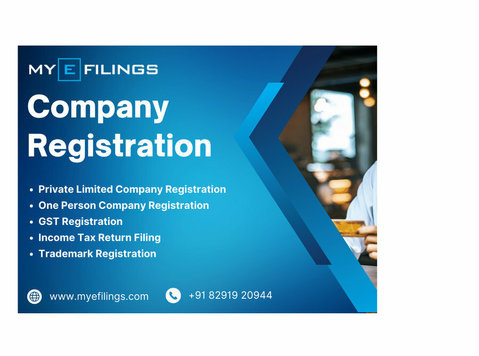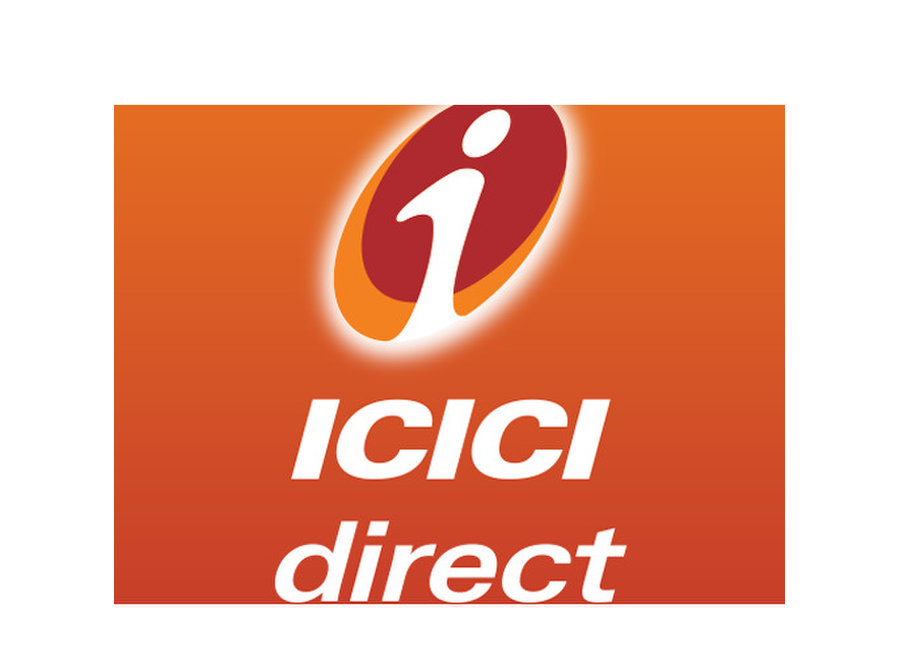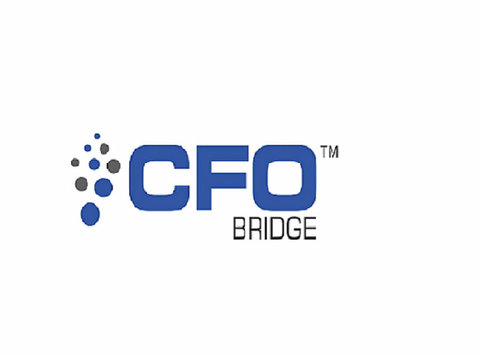Posted in: Legal/Finance in Mumbai | Posted: |
Trademarks in India are governed by the Trade Marks Act, 1999, and the corresponding rules. A trademark is a unique symbol, word, phrase, logo, design, or a combination of these elements used to distinguish goods or services of one entity from those of others in the market. Registering a trademark in India provides legal protection against unauthorized use of the mark by others.
Here are the key aspects of trademark registration in India:
Application Process: To register a trademark in India, you need to file an application with the Registrar of Trade Marks. This can be done online through the Trademark Electronic Application System (TM-EAS) or physically by submitting the application to the Trade Marks Registry.
Search and Classification: It's recommended to conduct a thorough search before filing to ensure that your proposed trademark is not similar to existing trademarks. Trademarks are categorized into classes based on the nature of goods or services they represent, and the classification system follows the Nice Classification.
Examination: After filing, the application goes through a formal examination to check for compliance with procedural requirements. If there are any objections or deficiencies, you'll be given an opportunity to rectify them.
Publication and Opposition: If the application passes the examination, it will be published in the Trade Marks Journal. This allows third parties to oppose the registration if they believe the mark should not be registered. Opposition proceedings can be initiated within a specific time frame.
Registration and Protection: If there are no oppositions or if oppositions are successfully resolved, the trademark will be registered and a certificate of registration will be issued. The owner of a registered trademark gains exclusive rights to use the mark and can take legal action against infringement.
Renewal: Trademark registration in India is valid for ten years from the date of filing. It can be renewed indefinitely for successive periods of ten years by paying the prescribed renewal fee.
Infringement and Enforcement: Registered trademark owners have the right to take legal action against anyone using their trademark without permission. Remedies include injunctions, damages, and orders for the infringing party to stop using the mark.
Well-Known Trademarks: India recognizes well-known trademarks, which are granted additional protection even if they are not registered in India. This is in accordance with the provisions of the Trade Marks Act and international agreements.
Contact this advertiser







